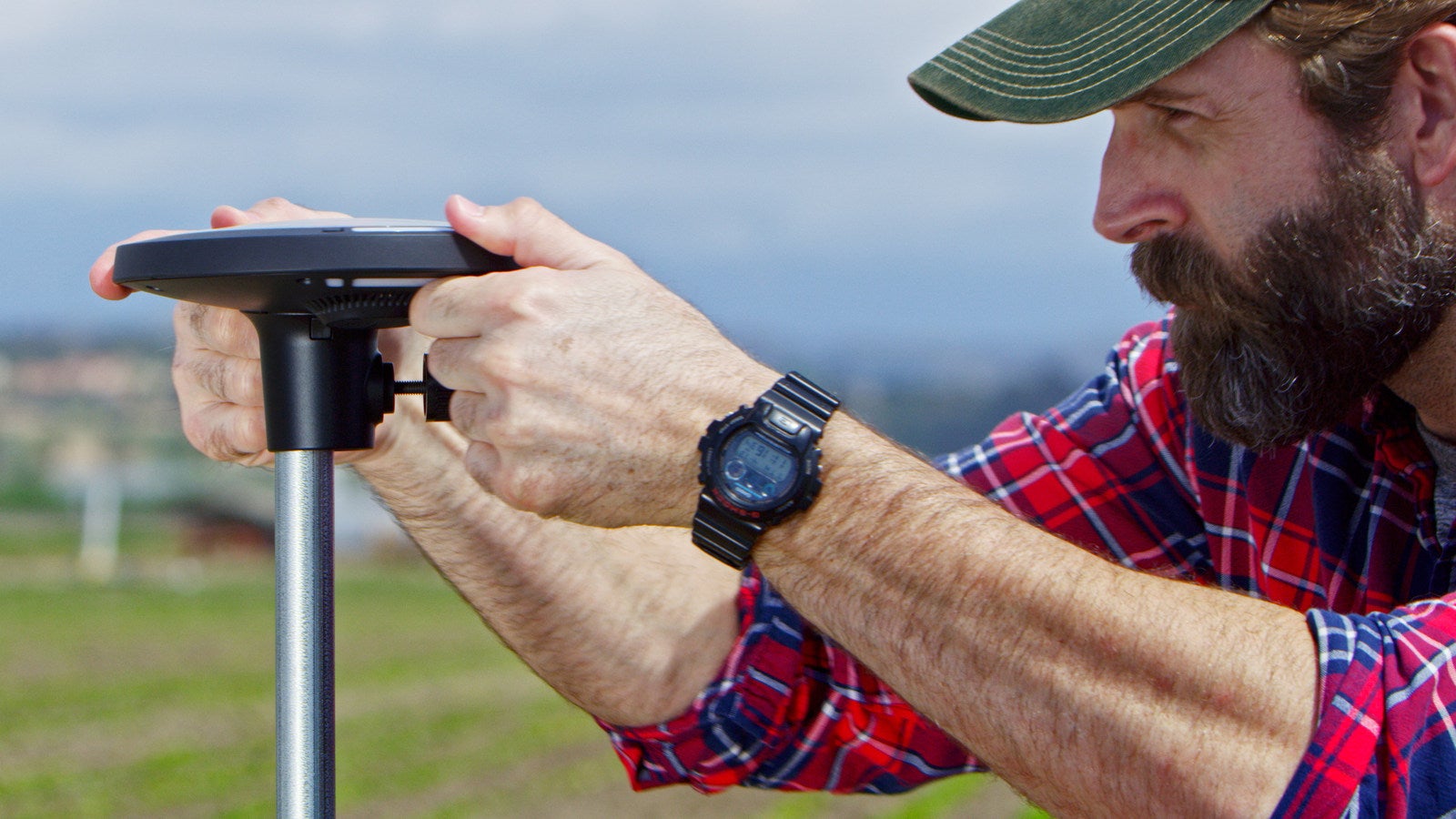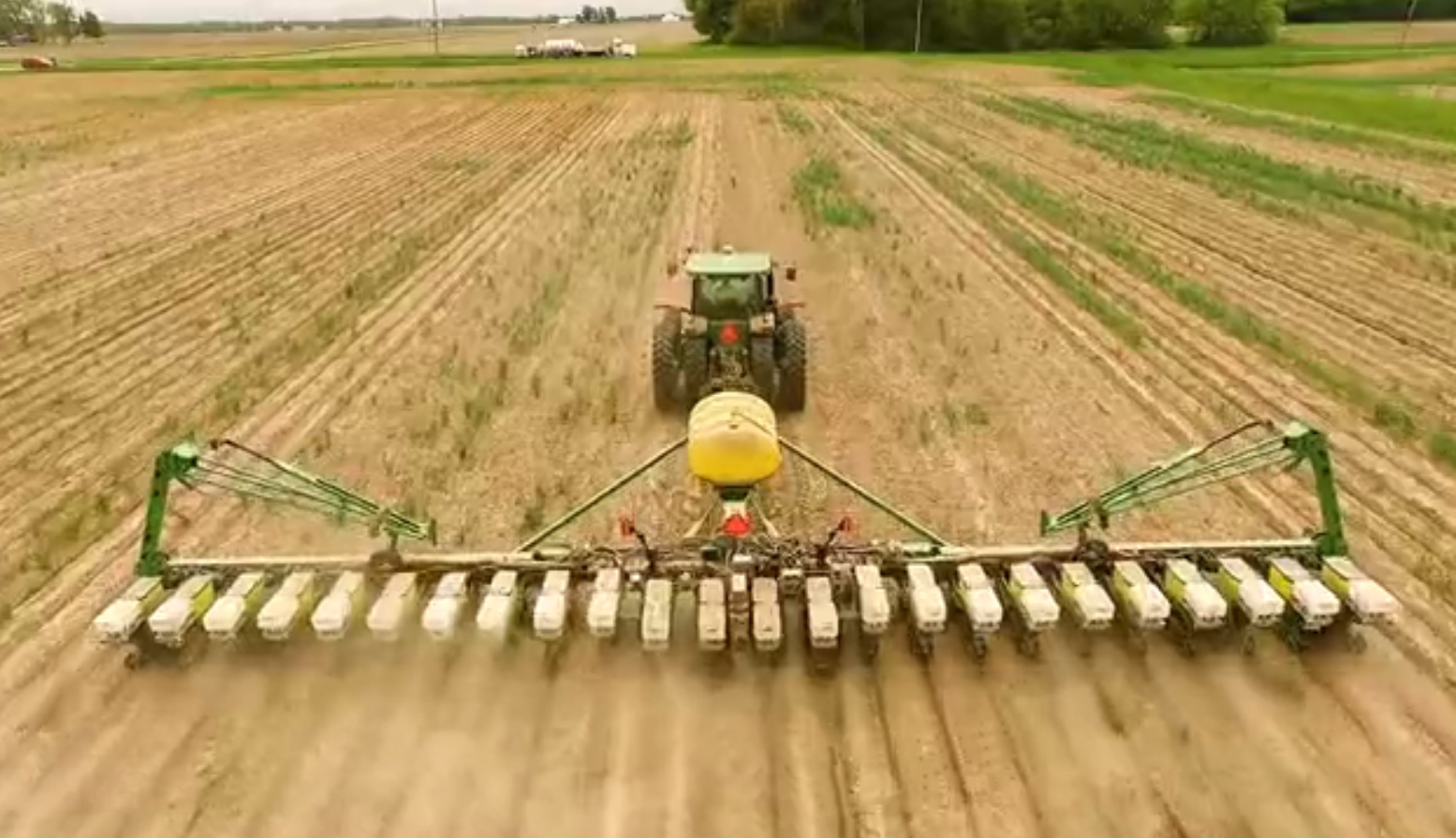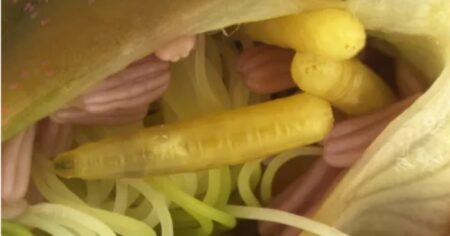Water scarcity is rapidly becoming one of agriculture’s most critical challenges, especially in regions like southwest Nebraska, where persistent drought and climate change are straining vital water resources. Projections show that climate change could triple the rate of water depletion, so the future of farming depends on innovative solutions that conserve water while maintaining crop productivity.
In response to this urgent need, Arable, an innovator in climate-smart agriculture, has announced a groundbreaking collaboration with Google. This partnership aims to accelerate the adoption of agricultural technology that promotes both water conservation and crop productivity. Farmers in southwest Nebraska will be equipped with Arable’s cutting-edge crop intelligence solution through this initiative, enabling them to make data-driven decisions that enhance irrigation precision and optimize water use.
The stakes couldn’t be higher. Agriculture relies heavily on groundwater, with 40 percent of global production depending on increasingly unsustainable sources. The Google-Arable collaboration seeks to proactively address these challenges by supporting sustainable water management practices that bolster agricultural resilience amidst a changing climate.
“We’re committed to being responsible stewards of natural resources,” said Suzie Shine, Data Center Sustainability Manager at Google. “As a company, our goal is to replenish more water than we consume by 2030 and support water security in communities where we operate. We’re excited to collaborate with leading organizations like Arable to promote water conservation in agriculture and complement our commitment to climate-conscious cooling within our own operations.”

To make this initiative a reality, Google has provided funding to deploy Arable’s technology across 25,000 acres in the Twin Platte Natural Resources District in Nebraska. The TPNRD and Arable have identified participating farmers and executed the deployment of the award-winning technology, with Arable providing training and ongoing support to ensure growers can fully leverage the system’s capabilities.
In 2023, Nebraska’s Paulman Farms used the Arable system to reduce irrigation by 22 percent across 27 fields, demonstrating the water savings that can be achieved without compromising crop quality or yield. By capturing and synthesizing data on weather, crop conditions, soil moisture, and irrigation, Arable’s user-friendly platform offers farmers real-time insights that allow them to fine-tune their water use throughout the growing season.
“In my 39 years of farming, this is the most revolutionary step I’ve seen irrigation take,” said Roric Paulman, Owner of Paulman Farms. “Arable brings together the data needed to inform and support irrigation decisions. Those choices have significant impacts on natural resources in terms of quantity as well as quality. Regulatory factors, such as load control and water allocations, are much better managed through this partnership. Producers throughout the region are excited to have access to this solution and put it to work.”
As water scarcity continues to be a pressing concern for farmers worldwide, the widespread adoption of solutions like Arable’s could play a crucial role in helping growers optimize their irrigation practices and safeguard the future of farming. This partnership between Google, Arable, and the TPNRD represents a significant step toward ensuring food security for a growing population while protecting the environment.


“We’re thrilled to collaborate with Google, the TPNRD, and the local farming community to address what I see as the most pressing challenge in agriculture today — the future availability of water,” said Jim Ethington, CEO of Arable. “Google’s commitment to water stewardship and the resulting widespread adoption of our leading-edge technology unlocks a future reality where growers have the tools they need to produce more with less, benefiting both their bottom line and the planet.”
In addition to conserving water, the project is expected to result in significant savings in electricity and diesel fuel consumption, reducing carbon dioxide emissions. The decrease in groundwater pumping will also contribute to the sustainability of the Platte River system, supporting the health of downstream ecosystems. By empowering farmers with the tools they need to make informed, sustainable decisions, this collaboration is setting a new standard for water management in agriculture.


:max_bytes(150000):strip_icc()/Congress-WideShot-2000-5a91ee8f6de542dfa39fc245aef88653.jpg)
:max_bytes(150000):strip_icc()/170922-4-2000-4834775372984ffebde18f6186834c2d.jpg)
:max_bytes(150000):strip_icc()/Soybeans-WormsEye_0-2000-4afb8f4a21ee4a21a0abcd19ccd4272d.jpg)



:max_bytes(150000):strip_icc()/GettyImages-1230443499-cd9bc00947124ee2a91459ec874bf886.jpg)

:max_bytes(150000):strip_icc()/29215cows-1bdf3313b96249b1b85a6bf3d98be881.jpg)